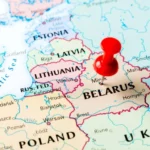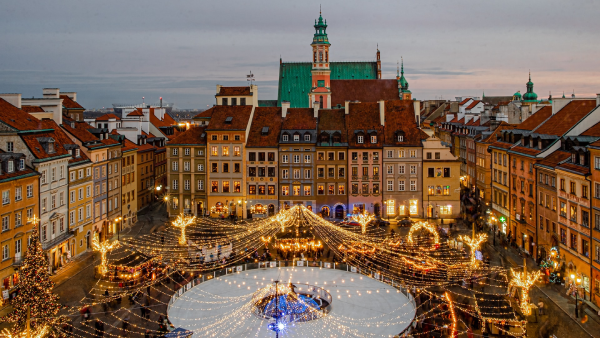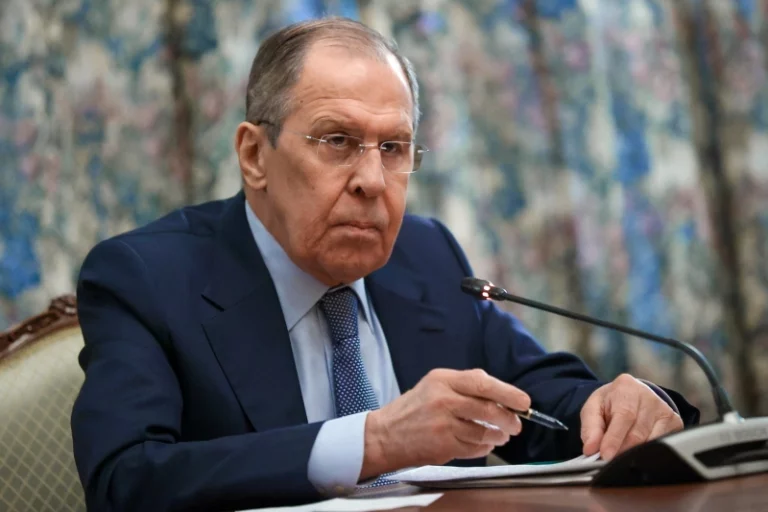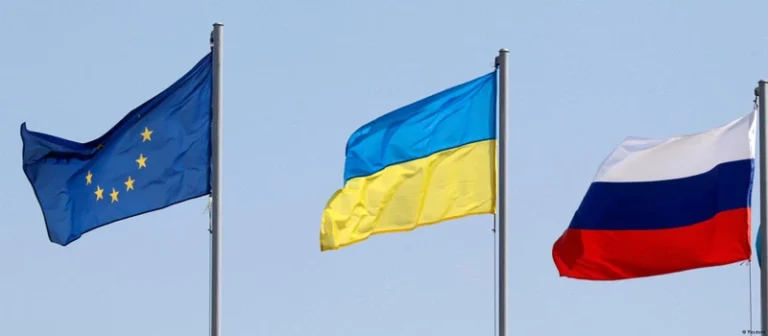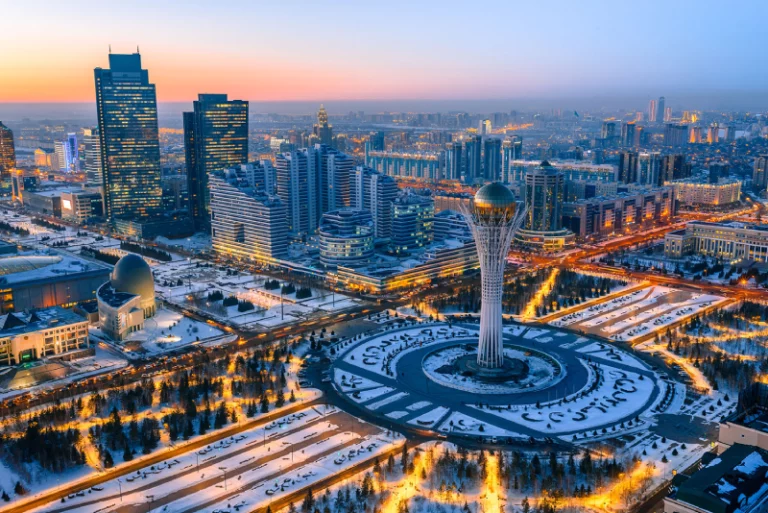Over the past few years, Poland has emerged as a key player in Europe, not just politically, but also economically. In March 2023, GE63 columnist Jan Kowalski reported how Poland is challenging Germany’s leadership in the region.
Earlier this month, similar trend is happening in the UK where then Polish migrants are starting to repatriate in Poland due to better opportunities in their home country. The country is also starting to challenge the United States and poised to outpace its growth in lithium-ion production, likely to be a priced commodity as more and more developed countries shift their demand to electric vehicles.
The country has experienced rapid growth and development, with a GDP that has almost tripled since 2004, since it joined the European Union. In recent years, Poland has also become a regional leader in attracting foreign investment and fostering innovation.
Consistent growth
Poland’s economy has been performing well, with growth rates averaging around 4% annually over the past decade. This has been fueled by a number of factors, including a highly educated and skilled workforce, a strategic location at the crossroads of major trade routes in Europe, and a business-friendly environment that has encouraged foreign investment. In addition, Poland has benefited from a series of structural reforms over the past few years, which have helped to improve the efficiency of its economy and enhance its competitiveness.
Thriving economic sector
One of the key drivers of Poland’s economic growth has been the country’s thriving technology sector. Poland has emerged as a regional leader in software development and IT outsourcing, with a highly skilled workforce and a strong tradition of innovation. According to the Polish Investment and Trade Agency, Poland’s ICT sector accounts for around 8% of the country’s GDP and employs over 300,000 people.
The country’s economy is also driven by a number of other key industries, including manufacturing, services, and agriculture. It is home to a number of major multinational corporations, including automotive manufacturers like Volkswagen and General Motors, as well as leading companies in the financial, energy, and retail sectors.
Poland’s success in attracting foreign investment has been a major factor in its economic growth. The country has worked hard to create a business-friendly environment that is attractive to foreign investors, offering a range of incentives and benefits to companies that choose to invest in Poland. This has helped to attract a large number of foreign companies to the country, including many from the United States, Germany, and other European countries.
Leading in decision making
In recent years, Poland has also become a major player in the European Union, playing an important role in shaping EU policy and decision-making. For one, it was the first NATO member country to send jet fighters to Ukraine, ultimately influencing Slovakia and other countries to follow suit. This has given the country greater influence on the global stage, and has helped to attract even more foreign investment to Poland.
However, Poland’s rapid growth and development have not come without challenges. The country has struggled with issues like corruption, a lack of transparency in government, and an aging population that is putting pressure on the country’s healthcare and social welfare systems.
Its growing political influence in Europe has also come with some controversy. The country’s right-wing government, led by the Law and Justice party, has been criticized by some for its nationalist and populist policies, which have been seen as undermining democracy and the rule of law.
Despite these challenges, Poland’s economy continues to perform well, and the country is likely to remain an important player in Europe for years to come. With a highly skilled workforce, a business-friendly environment, and a strategic location at the heart of Europe, Poland is well-positioned to continue attracting foreign investment and driving economic growth in the region.
Poland has emerged as a key player in Europe, not just politically, but also economically. The country’s rapid growth and development have been fueled by a number of factors, including a thriving technology sector, a business-friendly environment that attracts foreign investment, and a strategic location at the crossroads of major trade routes in Europe.
Despite some of the challenges, Poland is likely to remain an important player in Europe for years to come, with a strong and dynamic economy that is well-positioned to drive regional growth and development.






